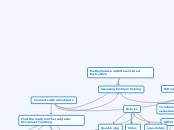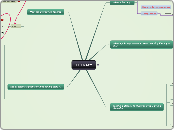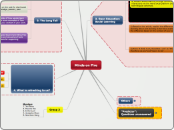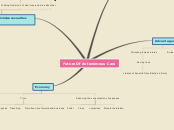Cognitive Development
Differentiated instruction within the students zone of proximal developement
Allow for different work space according to student preference
Use of manipulatives
Allow students to work on parallel tasks
Open Ended tasks to allow for different points of entry
Students are able to show process through the use of the 4 step problem solving strategy (math curriculum)
Use pictures to show thinking
Numbers and words can also be used
Manipulatives to explain what they know
Math talk to teacher or peers
Conference with teacher
Use technology
Present information
Rubrics
Peer and Self Assessments
anecdotals
Video
Questioning
Connects with all subjects
Find the math in other subjects: Reciprocal Teaching
The problem solving skills the learn in mathematics they can apply to all subjects
Big ideas allow students to make connections within and between strands
Language
Through reciprocal teaching students are assigned roles to deconstruct math problems such as summarizing, questioning, clarifying, predicting
drama
Music
cognitive Development
Use digital portfolio so students can see progress and engage in metacognition in order to get students to think about how their thinking has changed
Differentiated Assessment Strategies
Teachers can use open ended assessment tools
UDL Principles
Math is engaging, rich tasks speak to student interests
All learners are successful
Teachers can provide different learning spaces to allow for different kids of learners such as outdoors or the music room
Mathematics and Differentiated Instruction
Assessing Problem Solving









